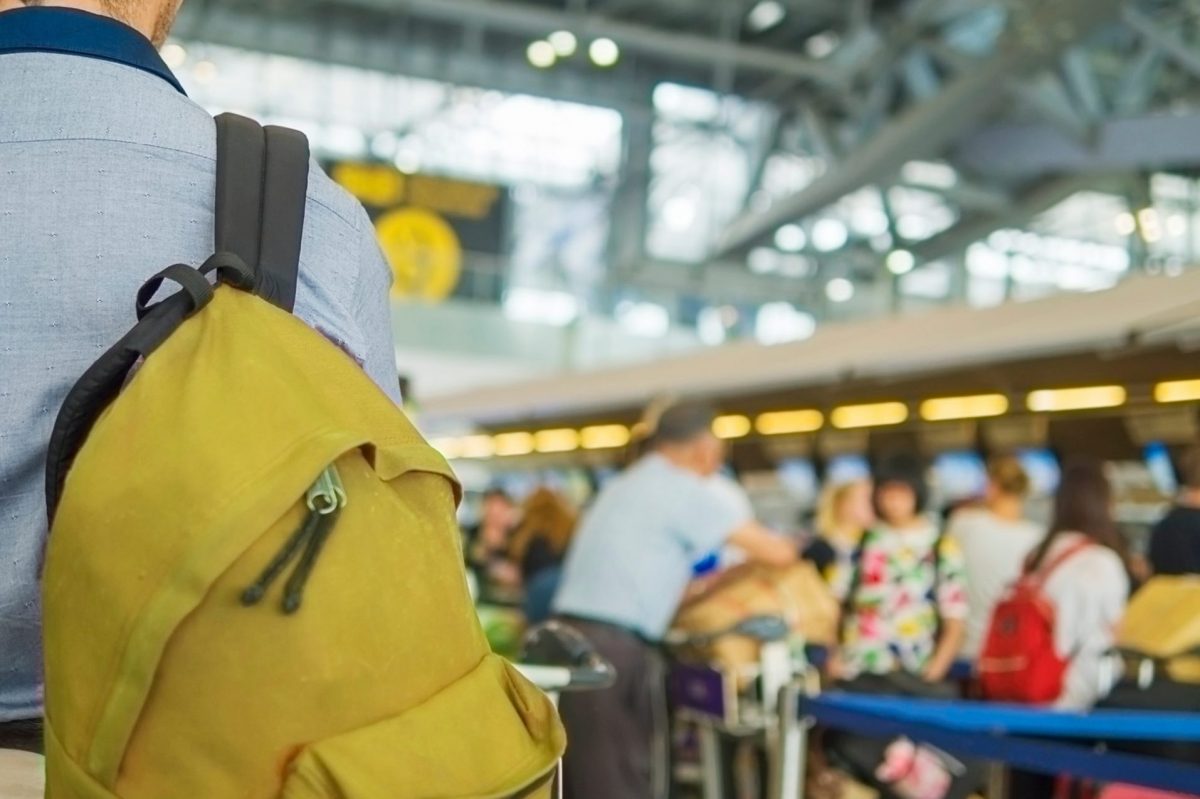Demand for Off-Peak Travel Rises in Post-Pandemic Recovery

Skift Take
The return of post-pandemic travel has been so robust that airlines and hotels are selling more seats and more rooms for times once designated as “off-peak.”
As a result, off-peak pricing has shown gains, which can burden travelers while benefitting airlines and hotels, even as historically more-profitable business travel has not yet fully recovered to 2019 levels.
“We've been trying to catch up to this robust demand,” Delta President Glen Hauenstein said last week, as the premium U.S. carrier led off airline earnings reports. “When you look at where we're booked ahead, we have had (pricing) slightly ahead in peak days and peak travel periods versus off-peak. And we've seen the consumer demand that you would expect, travelers moving into the off-peak period, but at higher yields.”
One result for the airline industry has been that revenue management is back in style following its pandemic decline. Now, airlines can once again attempt traditional revenue management strategy: Keep some seats to sell at higher prices to late bookers. The model could not be maintained during the pandemic because late-booked business travel fell dramatically.
Hauenstein not only offered a shout-out to revenue management, but also advised budget-oriented travelers to seek out off-peak fares. “Our quest in the revenue management team, who I think has done an excellent job in managing this surge, is to not run out of seats as we get toward the peak travel, summer travel season,” he said. “We want to have reasonably priced offers in market right up to day of departure and we don't want to be running out of seats.”
For the price sensitive, Hauenstein advised that flying during the peak summer season will require a willingness to fly on off-peak days. “As we head to the peak, there are going to be constraints on peak days,” he said. “And so, as you shop around, if you're looking for lower fares, you have to be flexible in terms of which days you'd be willing to fly.”
Hauenstein’s discussion of off-peak travel referred to both mid-week but also to “shoulder seasons,” such as the slower spring weeks.” When an analyst noted the historic trough between spring break and summer travel, Hauenstein said, “One of the issues is moving out of covid, we probably will not run the peaks as peaky as we had in the past in order to create more efficiency in the network on a year-round basis.” For example, he said, pre-covid Delta operated about 20% more widebodies in the summer than it did in the winter. “What we've been really working on during covid is to come out of this with a more de-seasonalized network, so we can improve the asset utilization, flatten out the peaks and build up on the troughs,” he said.
Delta’s earnings report triggered ebullience in shares of travel providers. For the week, Delta and American shares rose 15 percent, United rose 9 percent, Marriott rose 8 percent, and Hilton and Carnival rose 8 percent. This week, American and United will report earnings.
Hilton and Marriott will report in early May. The hotel chains have not commented on recent booking trends, but Marriott has said that in the second half of 2021, “Shoulder days of Thursday and Sunday rebounded nicely to just below 2019 levels (while) Fridays and Saturdays were above pre-pandemic levels,” according to spokesman Benjamin Gerow. “Monday through Wednesday were still well below 2019 levels.”
On the Hilton fourth quarter earnings call in February, CEO Chris Nassetta said hotel stays are picking up. “As a positive indication of business transient recovery, at the beginning of January, midweek U.S. transient bookings for all future periods were down 13 percent from 2019 levels and improved to down just 4 percent by the end of the month,” Nassetta said. As for leisure travel, he said, “We anticipate strong leisure trends to continue again this year, driven by pent-up demand and nearly $2.5 trillion of excess consumer savings.”
Aviation consultant Bob Mann said it is logical for travelers to move to off-peak periods in order to reduce costs. “Business travelers want to travel when they want to travel,” he said. “But with leisure travelers and price seekers, you can focus pricing to generate demand shifts by day of the week and by time of day.”




